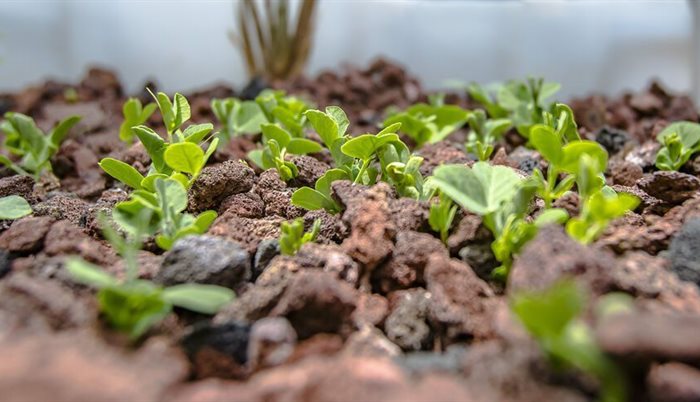
Top stories






More news

ESG & Sustainability
#AGES2026: How to back Africa's next-gen green and blue entrepreneurs


















Logistics & Transport
#Budget2026: Road freight logistics and what it means for consumers


“The agriculture sector has long been acknowledged as having the potential to become a keystone of South Africa’s economy. As the primary economic activity in rural areas, the National Development Plan states that the sector has the potential to create close to 1 million jobs by 2030,” says Mondelēz International corporate and government affairs lead for sub-Sahara Africa Navisha Bechan-Sewkuran.
While the sector’s potential has long been recognised, its conversion into meaningful benefits for previously disadvantaged South Africans, especially young women, has taken place at a painfully slow pace. Challenges that have been put to the fore as delaying the sector’s transformation include, among others, shortage of arable land as well as lack of access to funding and industry information.
“Aquaponics farming has huge potential to eliminate barriers to entry into the agricultural sector. It does not need huge capital investments, making it accessible to small-scale and aspiring farmers. Another advantage of this innovative farming method is that it does not need as much land and water when compared to traditional farming. These are some of the factors that contributed towards influencing our decisions to invest in this Inmed-led social enterprise initiative,” says Bechan-Sewkuran.
Bechan-Sewkuran says Mondelēz investment into the Aquaponics Social Enterprise initiative is not only aligned to the company’s corporate social investment initiatives but also to its Health in Action campaign aimed at collaborating with community organisations to foster environments that help families adopt lifelong healthy habits.
“The first and most important objective of the initiative is to provide aquaponics farming training and developing entrepreneurial skills among the trainees so that they learn not only how to grow things but also how to market, package, sell and handle finances. Trainees are also taught how to access funding to make sure their businesses are sustainable and thrive.”
The secondary objective is to encourage consumption of healthy meals and thus contribute towards addressing childhood obesity and growing a new generation of healthier young South Africans so that even the trainees who do not venture into commercial farming can grow their own healthy food.
“We are of the view that the implementation of aquaponics and other innovative farming methods will encourage more young people to take advantage of the sustainable economic opportunities presented by the agricultural sector,” she concludes.